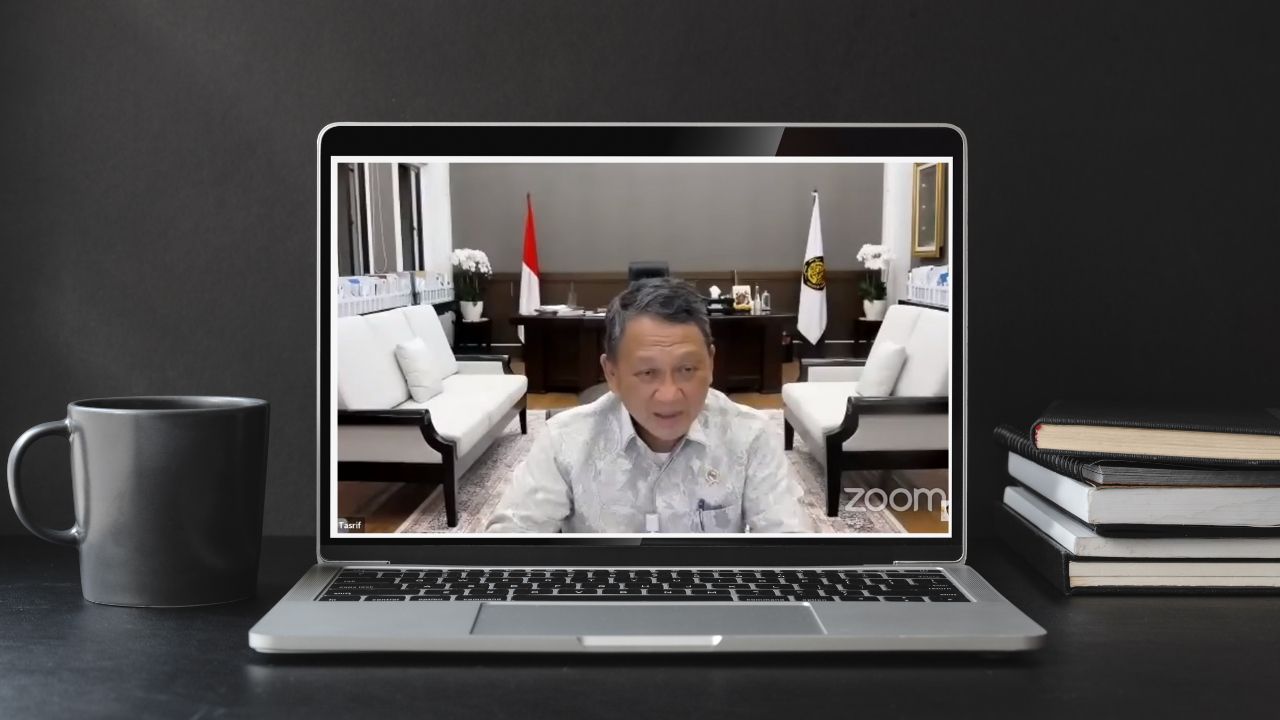Jakarta (18/6/2021), the Ministry of Energy and Mineral Resources has launched the Patriot Energi program as one of the efforts to electrify underdeveloped, outermost, frontier (3T) villages, including transmigration areas. The Patriot Energi program invites 100 young people to receive training and then are assigned to various regions in Indonesia for 5 months…

